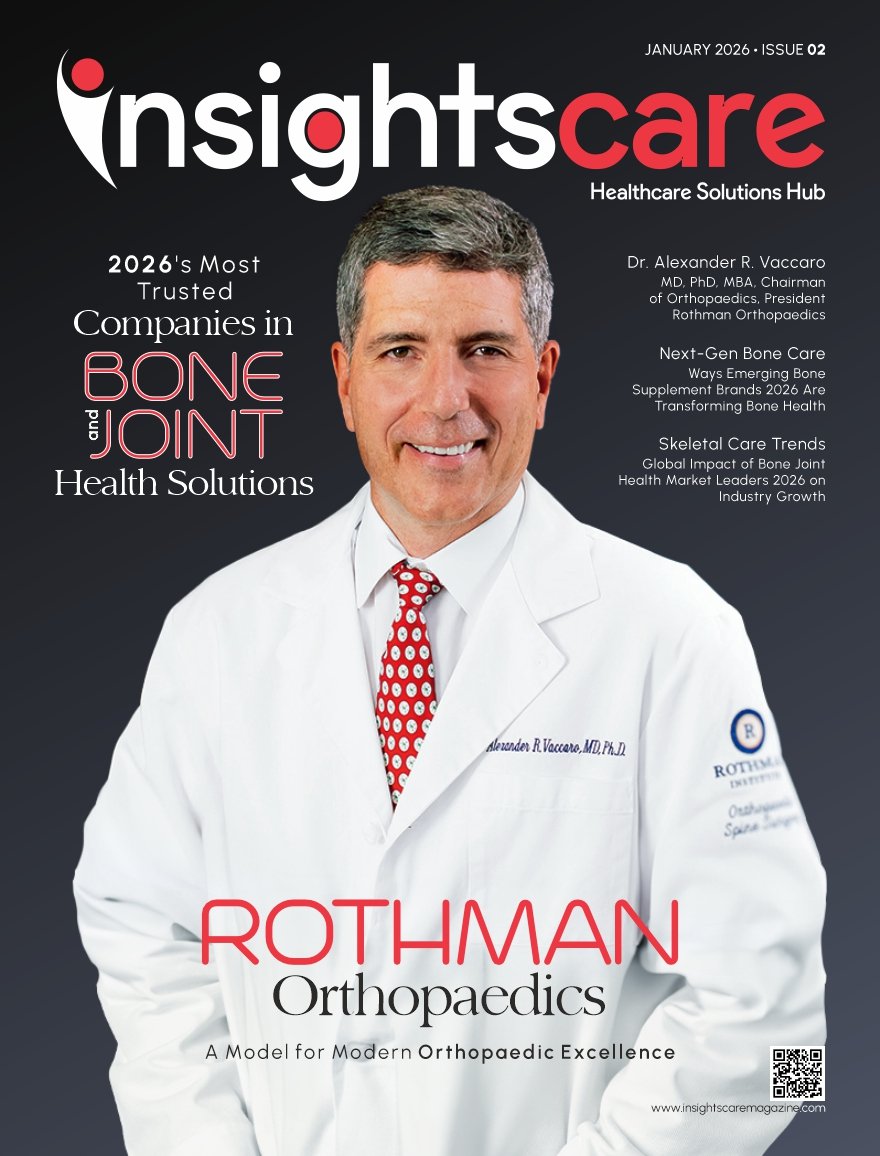Prime Highlights
- Harvard and Mount Sinai researchers warn of potential risks of paracetamol (acetaminophen) use during pregnancy.
- Strongest evidence showed prolonged/frequent use during pregnancy correlated with higher autism and ADHD prevalence.
Key Facts
- 46 studies reviewed involving about 100,000 participants using the Navigation Guide Systematic Review approach.
- Global studies support findings: 3x ADHD risk (Nature Mental Health study); 19% higher autism and 21% higher ADHD risk (European study on 70,000 children).
Background
A recent study at Harvard and Mount Sinai has raised some alarm bells about the extensive usage of paracetamol (acetaminophen), a commonly utilized pain reliever, during pregnancy. The research refers to the fact that the neurodevelopmental disorders/illnesses (NDDs) in children, which include autism spectrum disorder (ASD) and attention hyperactivity disorder (ADHD), are associated with such prenatal exposure to the drug.
The conclusions are drawn after reviewing 46 various studies of participants, constituting about 100,000 participants. Investigators used the Navigation Guide Systematic Review approach, where it emerged that studies with stronger effects assessed the association between paracetamol exposure and autism and ADHD in high-quality studies.
The review also examined when the drug was used across different trimesters or throughout pregnancy and matched this with the mothers’ medical records. Data showed that prolonged or frequent exposure correlated with a greater prevalence of autism and ADHD symptoms in children.
Supporting evidence from other global studies strengthens these findings. A Nature Mental Health study revealed that maternal acetaminophen biomarkers were associated with a threefold increase in ADHD risk. Similarly, European research covering 70,000 children reported a 19% higher likelihood of autism and a 21% higher chance of ADHD symptoms in children exposed prenatally.
Despite these concerns, experts caution against abruptly stopping the medicine. Dr. Diddier Prada, co-author of the study and assistant professor at Mount Sinai, stressed that untreated maternal fever or pain could also endanger fetal health.
The researchers advise pregnant women to take paracetamol in cases of urgent need, at the minimum dose, and within the shortest timespan, and only under medical supervision. Even though paracetamol is among the safest medications available, the findings indicate that such medication should be used responsibly and cautiously during pregnancy.










